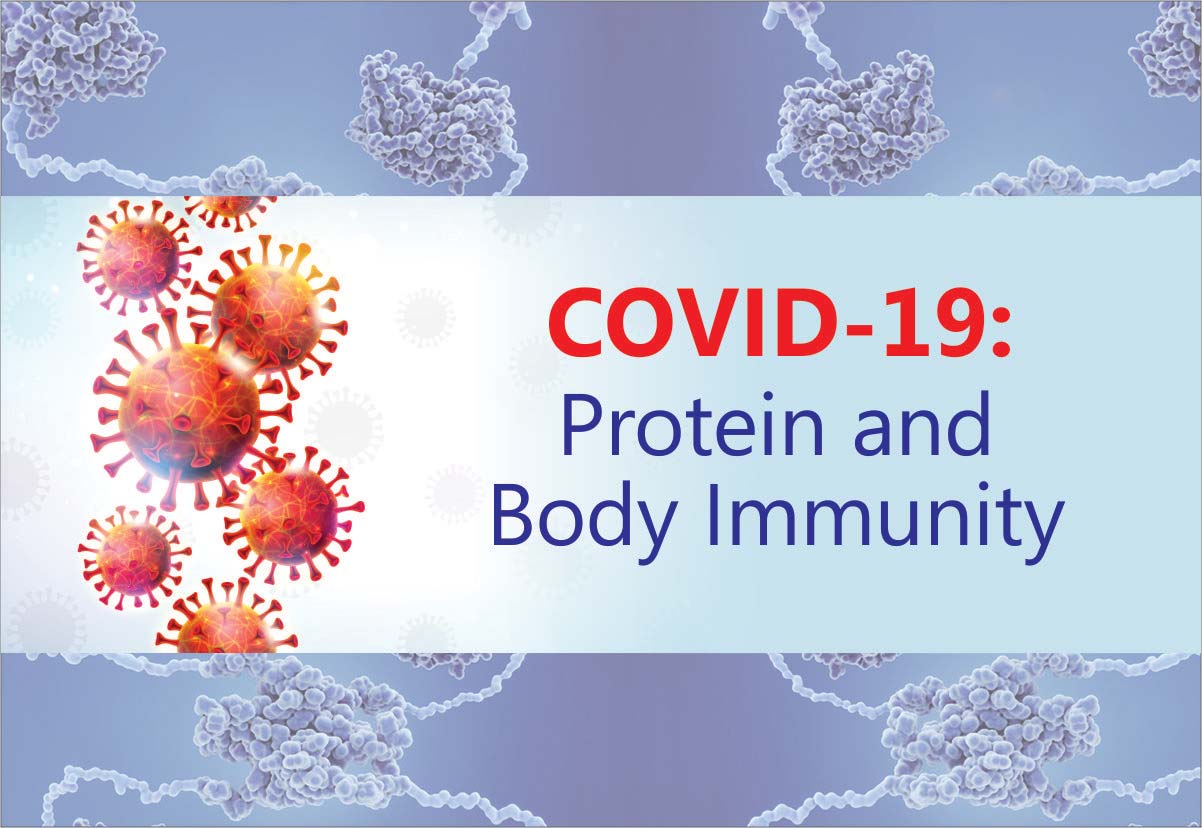
Dr. Sanjay Agrawal
Leading Pharmaceutical consultant and editor-in chief of IJMToday

Omega-3 fatty acids are a group of polyunsaturated fatty acids that are important for a number of functions in the body. The omega-3 fatty acids EPA and DHA are found in seafood, such as fatty fish (e.g., salmon, tuna, and trout) and shellfish (e.g., crab, mussels, and oysters). A different kind of omega-3, called ALA, is found in other foods, including some vegetable oils (e.g., canola and soy). Omega-3s are also available as dietary supplements; for example, fish oil supplements contain EPA and DHA, and flaxseed oil supplements contain ALA. Moderate evidence has emerged about the health benefits of consuming seafood.
What is Omega-3 and why is it important?
Omega-3 is the name of a group of fatty acids that are beneficial to our health in several aspects::
While eating too much fatty food can elevate cholesterol and triglyceride levels, not all fats are unhealthy. Omega-3 fatty acids may have significant benefits in lowering the risk of heart disease, the nation’s top killer. They may also protect against depression, dementia, cancer, and arthritis. Omega-3 fatty acids are found in higher amounts in salmon, walnuts, and spinach
Immune System Regulation: prevention of infections and autoimmune diseases.
Omega-3 and Heart Disease
Prescription doses of omega-3s are used to protect the heart after a heart attack. Studies have shown fewer heart attacks and fewer heart disease deaths among survivors who boosted their levels of omega-3s. It may also protect cognitive abilities in people with heart disease. The American Heart Association recommends 1 gram a day of EPA plus DHA for people with heart disease. Eating fish is best, but your doctor might recommend a fish oil capsule.
Omega-3 and Arrhythmias
Omega-3s seem to reduce the risk of abnormal heart rhythms (arrhythmias) that can be life-threatening. Common sources of omega-3s include fish, walnuts, broccoli, and green soybeans steamed and served in the pod.
Omega-3 and Triglycerides
Omega-3s can lower your triglycerides, a blood fat that’s linked to heart disease. Omega-3 supplements should be taken by doctor consultation, because some types can make your “bad” cholesterol worse. You can also bring down triglyceride levels with exercise, by drinking less alcohol, and cutting back on sweets and refined carbohydrates.
Omega-3 and High Blood Pressure
Omega-3s can lower blood pressure, although the effect seems to be small. One dietary strategy is to replace red meat with fish during some meals. But it’s best to avoid salty fish, such as smoked salmon.
For high blood pressure your doctor may suggest regular exercise, medications, and limiting salt.
Omega-3 and Stroke
The evidence is mixed on whether omega-3 supplements can help prevent strokes. Nevertheless, omega-3 fatty acids have been shown to prevent plaque buildup inside blood vessels. Studies suggest that at high doses, omega-3 supplements might raise the risk of the less common type of stroke that involves bleeding in the brain.
Omega-3 and Rheumatoid Arthritis
Studies suggest omega-3s can improve joint symptoms such as pain and stiffness from rheumatoid arthritis. Additionally, a diet high in omega-3s may also boost the effectiveness of anti-inflammatory drugs.
Omega-3 and Depression
Omega-3 fatty acids may help to calm mood disorders and improve the effectiveness of antidepressants. However, results of studies have been mixed so far. Countries with higher levels of omega-3s in the typical diet have lower levels of depression, although more studies are needed.
Omega-3 and ADHD
Studies suggest omega-3 supplements may improve the symptoms of ADHD (attention deficit hyperactivity disorder). However, the evidence is inconclusive; a dietary supplement can’t offer a cure-all for ADHD. Nevertheless, omega-3s may provide some added benefits to traditional treatment. We do know omega-3 fatty acids are important in brain development and function.
Omega-3 and Dementia
There is preliminary evidence to suggest that omega-3s may protect against dementia and improve mental function. In one study, older people with a diet high in omega-3 fatty acids had a lower risk of developing Alzheimer’s disease. More research is necessary to confirm the association.
Omega-3 and Cancer
More research is needed to determine whether omega-3s could help reduce the risk of colon cancer, breast cancer, and advanced prostate cancer. The American Cancer Society recommends a diet that includes fish, but the organization does not endorse omega-3 supplements for cancer prevention.
Omega-3: Catch of the Day
The best source of omega-3 fatty acids is fish, though different fish have different levels. Top choices are salmon, mackerel, herring, lake trout, sardines, anchovies, and tuna. The American Heart Association recommends at least two servings a week of fish, which is 3.5 ounces of cooked fish or ¾ cup of flaked fish.
Brain development and function: a supply of omega-3 in the embryonic stage and during infancy is essential for normal and healthy brain development, so it is important to ensure a proper intake of omega-3 in pregnant and breastfeeding women. There is also cumulative evidence of the benefit of omega-3 intake for brain function, for the prevention of Alzheimer’s and other brain-related diseases, and even for the treatment of depression and ADHD. There is debate in the scientific literature regarding the extent to which omega-3 is useful in this area, due to the difficulty of isolating its effect from the many factors that influence brain function.
Continues…




